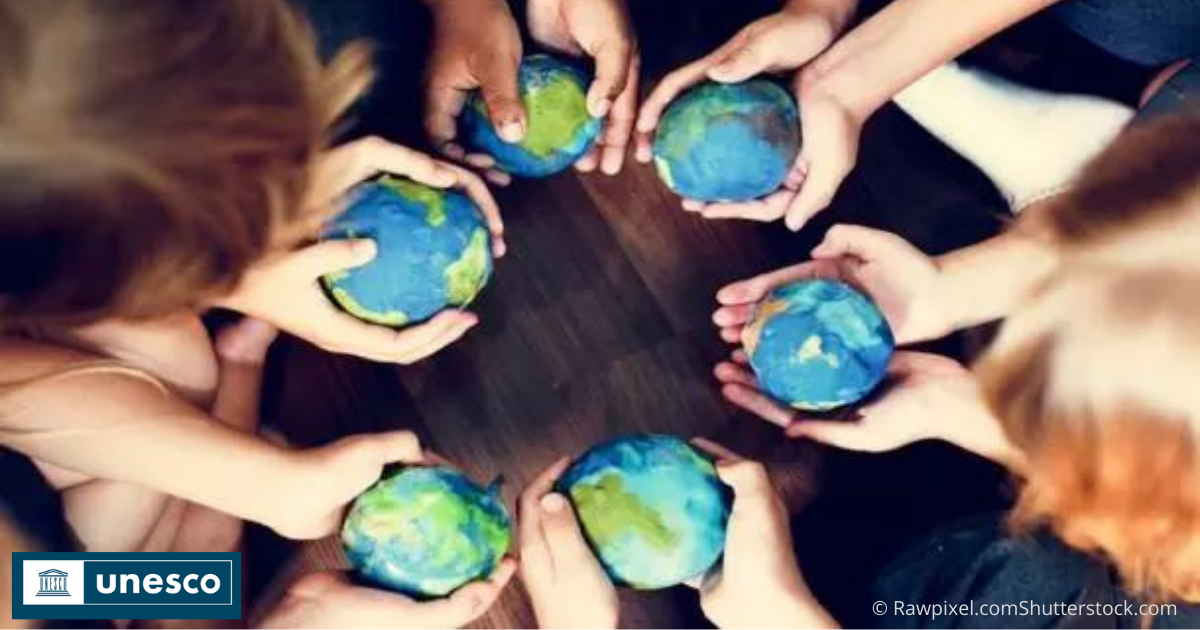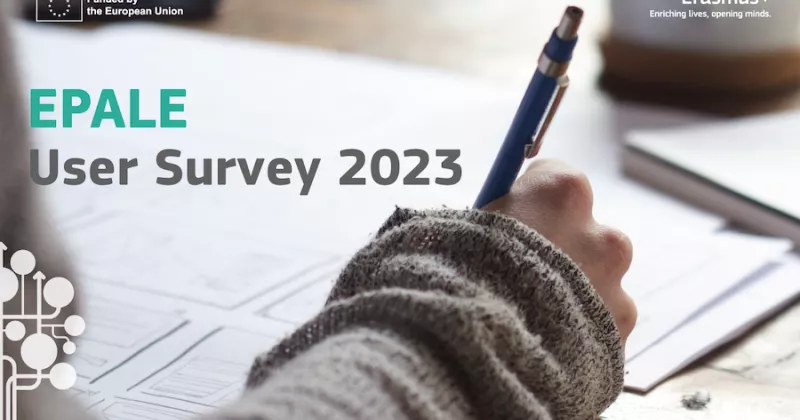How about a right to lifelong learning?

Our world, today, is being constantly reshaped by technological progress and global crises. All sectors are called up to adapt, and education is no exception. In this context, the United Nations Educational Scientific and Cultural Organization (UNESCO), decided to convene a 'Formal dialogue on the Initiative on the evolving right to education in a lifelong learning perspective’. Today, the report is available and points to lifelong learning as an undisputed feature of our times.
It is a common position of UNESCO delegates and experts that the right to education needs broadening towards lifelong learning opportunities across all ages, spaces, and modalities. The way it is formulated in most countries today still relates to early access to quality education - an indispensable condition, but limited to childhood and formal schooling. The Formal dialogue called upon world governments to reinforce governance structures and policies that address inclusion, equity, gender equality and quality learning opportunities for all. Particular focus is given to the teaching profession, which is said to require updating to meet 21st century demands and challenges - including the digitalisation of education.
Part of the issues that prevent lifelong learning to be mainstreamed as a right as of today financing: funding remains in fact a barrier to equitable access from early childhood through to higher education, TVET, but particularly for adult learning and beyond. UNESCO's Assistant Director-General for Education and former Italian Minister of Education Stefania Giannini underlined the need for education systems worldwide to “adapt and update”, especially vis-à-vis climate and other crises. Another argument in favour of a widening of the concept of the right to education was the changing labour market and its demands for permanent skilling, upskilling and reskilling of individuals.
Today, 62% of UNESCO countries have adopted the right to education as a founding principle of their education systems. Yet, this is not enough. The Formal dialogue and its report point to lifelong learning as a true imperative to face the numerous, impellent and interconnected challenges of today.



